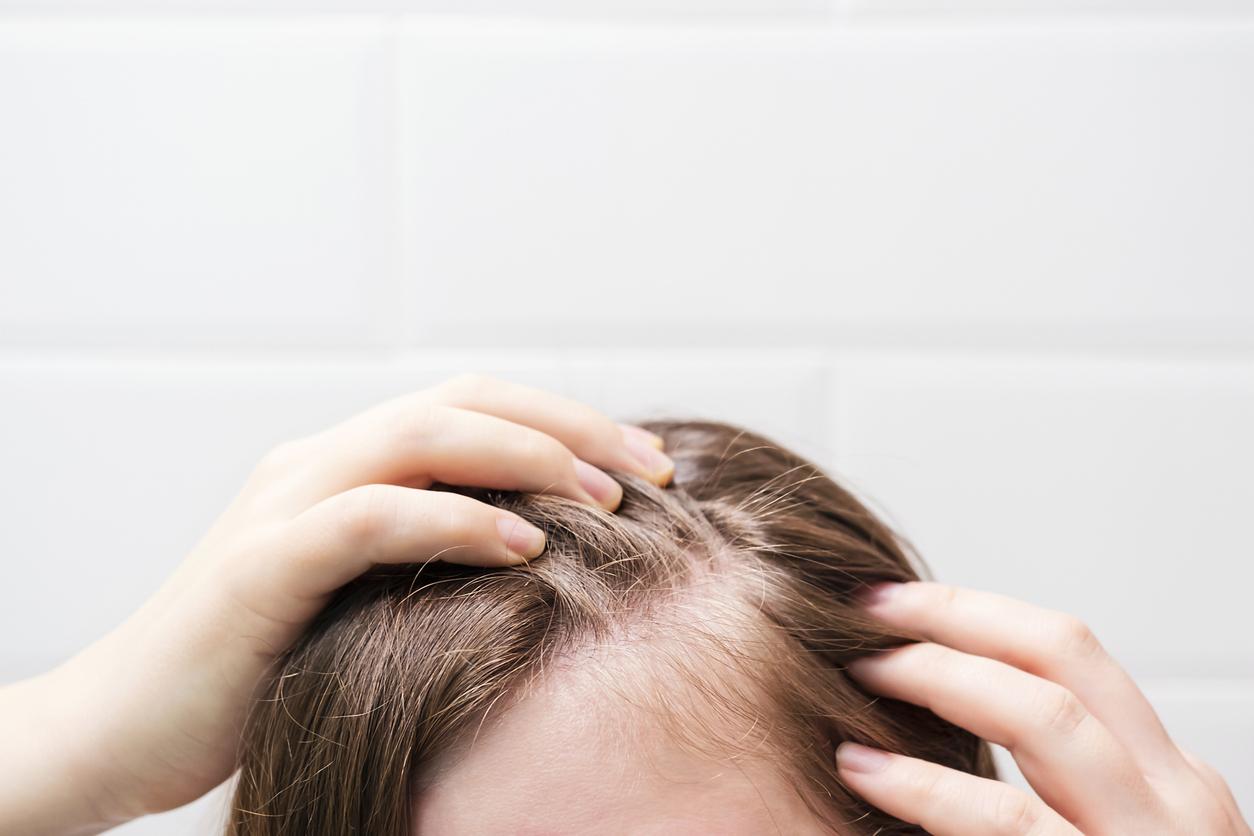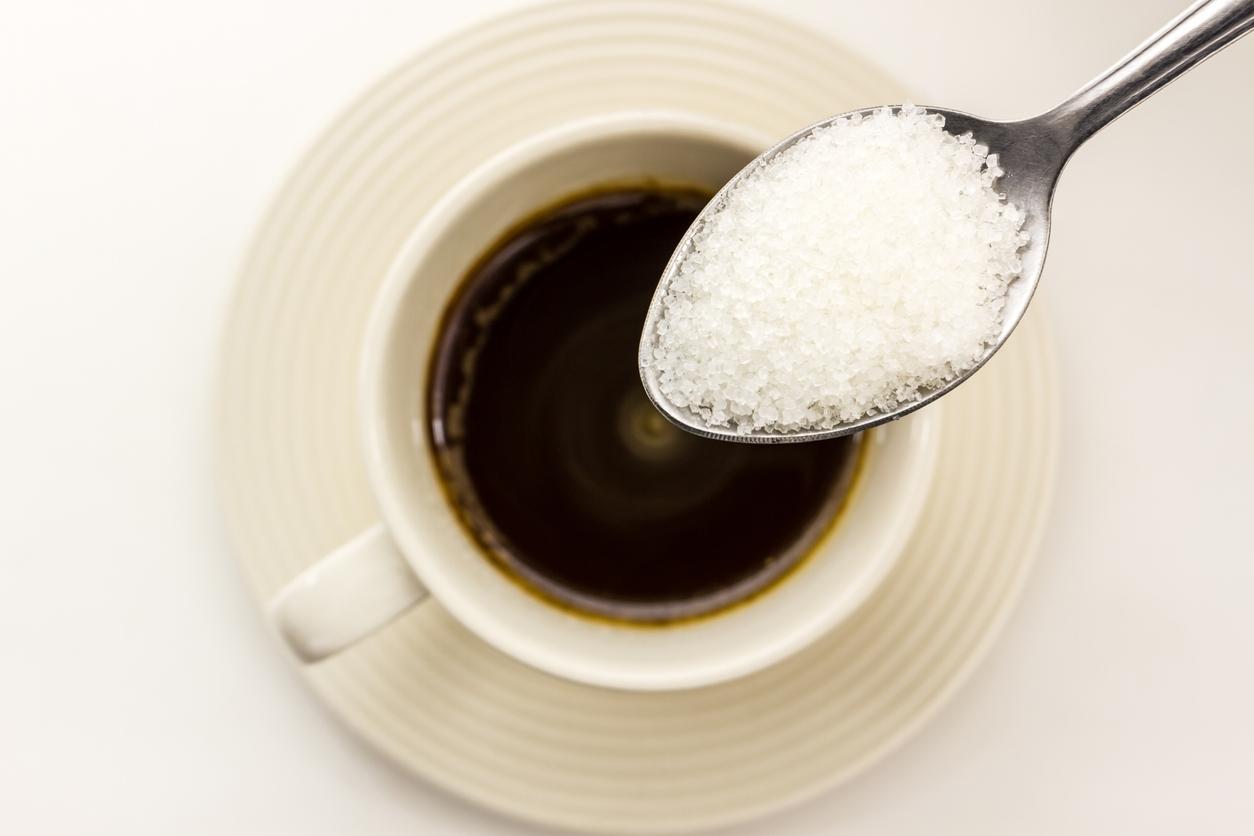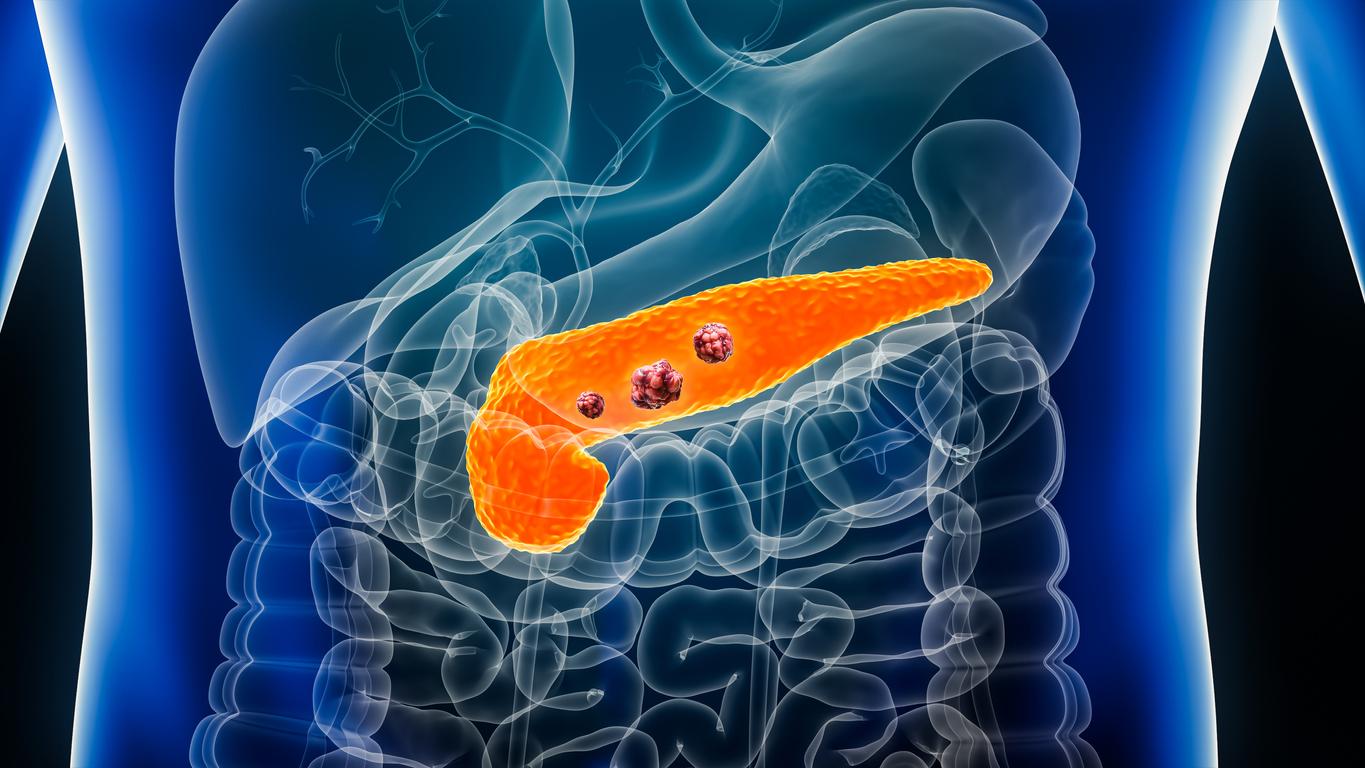On average, an American consumes 99 grams of sugar per day, more than twice the amount recommended by authorities. A bad habit that has direct consequences on health.

- A survey reveals that the average American consumes 36,000 grams of sugar per year, far exceeding health recommendations. Sweetened coffee and soda are major sources.
- Stress, boredom, loneliness and fatigue are the main triggers for these cravings. On average, a person resists this sugar binge for 13 minutes before crashing.
- Just 33 minutes after a sugar spike, respondents say they feel a drop in energy accompanied by fatigue, regrets or even a lack of concentration.
Sugar consumption is exploding in the United States. So much so that the average American, just like the French, today consumes nearly 36 kilograms of sugar per year, according to a recent survey conducted by Talker Research for the Hint Water brand with 2,000 people. An alarming figure which far exceeds the thresholds set by health authorities and raises questions about the impact of this bad habit on health.
Emotional factors associated with sugar
The study reveals that Americans consume an average of 99 grams of sugar per day, the equivalent of two 33 cl cans of soda. This is more than double the amount recommended by the American Heart Association or the World Health Organization (WHO). If 85% of those questioned say “actively work to reduce their sugar consumption”they often clash with their eating and behavioral habits, according to a press release. Nearly 34% of respondents say that most of this intake comes from morning coffee, to which they add sugar. For 28% of them, sodas also remain a major source of sugar.
According to researchers, there are specific emotional factors that drive Americans to consume sugar, starting with stress (39%), boredom (36%), fatigue (24%), and loneliness (17%). Faced with these emotions, respondents report feeling anxious (23%), irritable (22%) and impatient (20%), which pushes them to quickly give in to temptations.
Unsurprisingly, the times most conducive to these sweet cravings are the end of meals (31%), the moment when we watch a film (31%), breaks at work (30%) or after a day of work exhausting (19%). The most critical time to give in to temptation would be precisely 3:12 p.m., according to the participants. And, on average, a person resists that sugar craving for just 13 minutes before breaking down.
Problem is, this sugar binge has immediate repercussions on health. Just 33 minutes after a sweet peak, respondents say they feel a drop in energy accompanied by fatigue (42%), regrets (25%) and a lack of concentration (21%). And, of course, we don’t even talk about the long-term harms of sugar (obesity, diabetes, cardiovascular diseases, cancers, etc.)

Hydration to reduce sugar consumption?
Surprisingly, more than half of respondents (51%) think their sugar cravings could actually be a sign of dehydration. This hypothesis is all the more relevant given that the majority of Americans usually drink only 48 ounces of water per day (approximately 1.4 liters), i.e. less than the levels recommended by the National Academy of Medicine. of the United States.
For Amy Calhoun Robb, marketing director of Hint Water, this trend reflects a lack of balance between hydration and sugar consumption: “While it’s important to understand how much sugar we consume, it’s just as crucial to know why it happens.” The survey shows that 51% of participants strive to increase their water intake to reduce their sweet cravings.


















